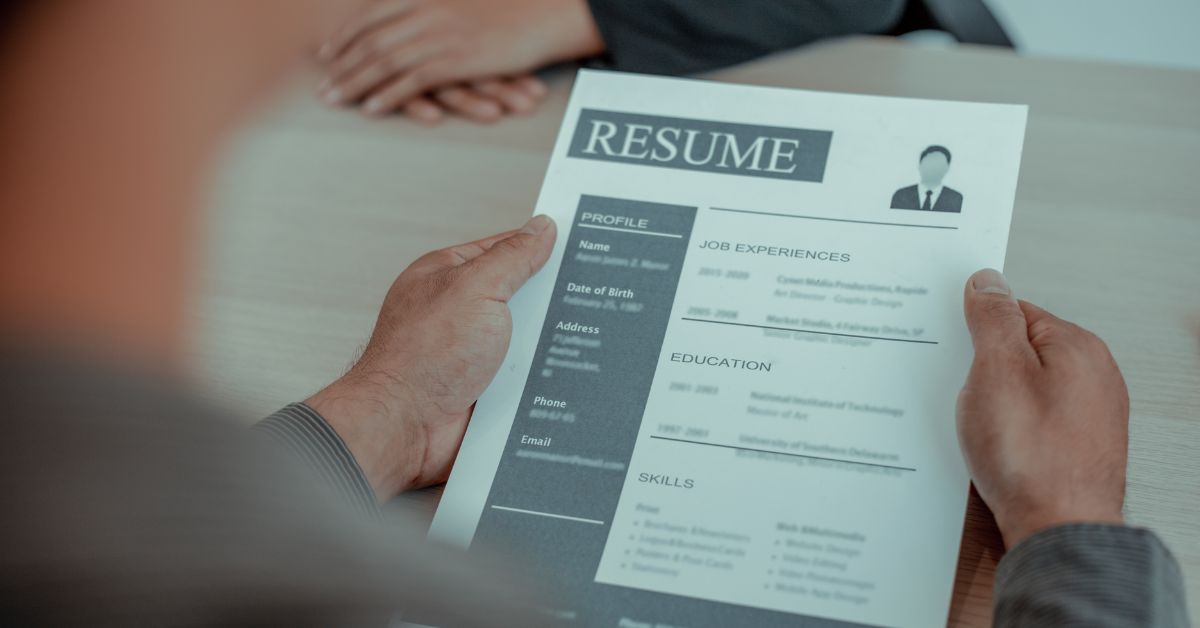Building a strong resume is important for every professional, but if you happen to be a freelancer, you might be wondering what the perfect way is to showcase your work. Many freelancers shy away from putting their project work on resumes, thinking these don’t count as “formal jobs.” Freelance work is something that shows initiative, skill, and actual results — and these are precisely the things an employer wants to see. A good Freelancer’s resume now can catapult you into consideration for a full-time job, new projects, or contracts.
In this blog, we will discuss how to make the most of your freelancer work experience on a resume, compose a solid cover letter for freelancer jobs, and create an eye-opening document.
1. Showcasing the Value of Freelance Work
Freelance work adds as much value as traditional jobs—sometimes more. Here is how to put it in the spotlight:
Improved Client ROI
If you have worked for clients to help them increase sales, enhance their online presence, or simply meet certain targets, never omit mentioning this. Take, for example, a freelance writer whose resume would list blogging that helped increase a client’s website traffic by 40%. Firms are interested in the outcomes.
On-time Project Delivery
Being punctual in finishing your assignments is a big achievement. Code for having worried that freelancers are going to be flaky about their schedules. Showing a history of punctuality and professionalism is all you need to establish this.
Diverse Clientele and Projects
Being so versatile, freelance work generally can cross many industries and fields. Emphasizing such diversity in the freelancer’s CV shows her ability to adjust quickly, juggle different tasks, and bring new ideas to the table.
2. Structure Your Freelancer Resume for Success
Structuring your Freelancer resume simply would allow it to shine. Here’s the way:
1. Contact Information
Start with your name, contact phone number, mail ID, and LinkedIn profile. Send your website or date if you have one.
2. Professional Summary
Next, give a brief yet impressive introduction about yourself: what you do and what you are offering to your clients. A good example:
“Creative freelance graphic designer with 5+ years’ experience in helping clients with brand presence through fresh and conceptual ideas. Able to operate Adobe Suite, web designs, and punctual in delivering high-quality work.”
3. Key Skills
Describe the skills relevant to the jobs you intend to apply for. For instance: content writing, digital marketing, project management, coding, or graphic design.
4. Freelance Work Experience
This should be the place to detail the client projects with bullet points and numbers: For example:
- Designed websites for 10+ small businesses, increasing site traffic by up to 30%.
- Delivered blog content that increased client engagement by 50%.
5. Education and Certifications
Mention your formal education along with any certifications. Online courses or industry certificates also add credibility.
6. Portfolio (if applicable)
If you are working in creative or technical domains, try providing a link to your portfolio. Employers tend to appreciate actual examples of your work.
Tip from Outspark: If you are using a resume creator or online application tools to create your Freelancer resume, select templates that put freelance experience in the spotlight clearly. A lot of free resume builder platforms are now featuring templates made specifically for freelancers.
3. How to Write a Strong Cover Letter for Freelancer Jobs
A resume gives an application its first look, but the cover letter for a freelancer provides more personality and context. Here’s how to compile it:
Make it personal
Do not send a generic cover letter to all clients. Write their name in the greeting.
Introduce Yourself and Your Skills
State briefly who you are and why you are applying. Name your best skills for their selection.
Back Up Your Freelance Success with Evidence
Support your claims. Examples: “As a freelance writer, I wrote SEO-based articles that helped one of my clients increase website visits by 60% in just three months.”
Cute ending with a Call to Action
End on a confident note, e.g., “I would be happy to discuss how my experience can add value to your team. Looking forward to connecting with you.”
From Outspark: The Freelance Writer resume must always be accompanied by an equally strong cover letter. This way, clients will be confident about your skills on one hand and your style of communication on the other.
4. Tailor Your Resume for the Job You Want
Every client or employer has different demands. Rather than sending the same freelancer CV everywhere, tailor it for the role.
- If applying for a writing role, emphasize the writing-related achievements.
- If applying for a project management role, emphasize organizational and leadership skills.
- Take keywords from the job description so your Freelancer resume suits what the employer is looking for.
Your chances of standing out among the other applicants increase when you tailor your document.
Conclusion
Freelance work has value, and it needs to be showcased accordingly. A coherent, results-driven Freelancer resume, a customized cover letter for freelance jobs, and the tailoring of every application will put the spotlight on your experience.
This should go fast with a CV maker, a resume generator online, or a free resume builder. By following Outspark’s tips, you will be able to confidently represent your freelance experience and let it open the door to bigger opportunities.
Remember: Your freelance works are not “side works”; they are a testimony of your skills, adaptability, and achievement. Place them right into the limelight of your resume to land those dream jobs.



